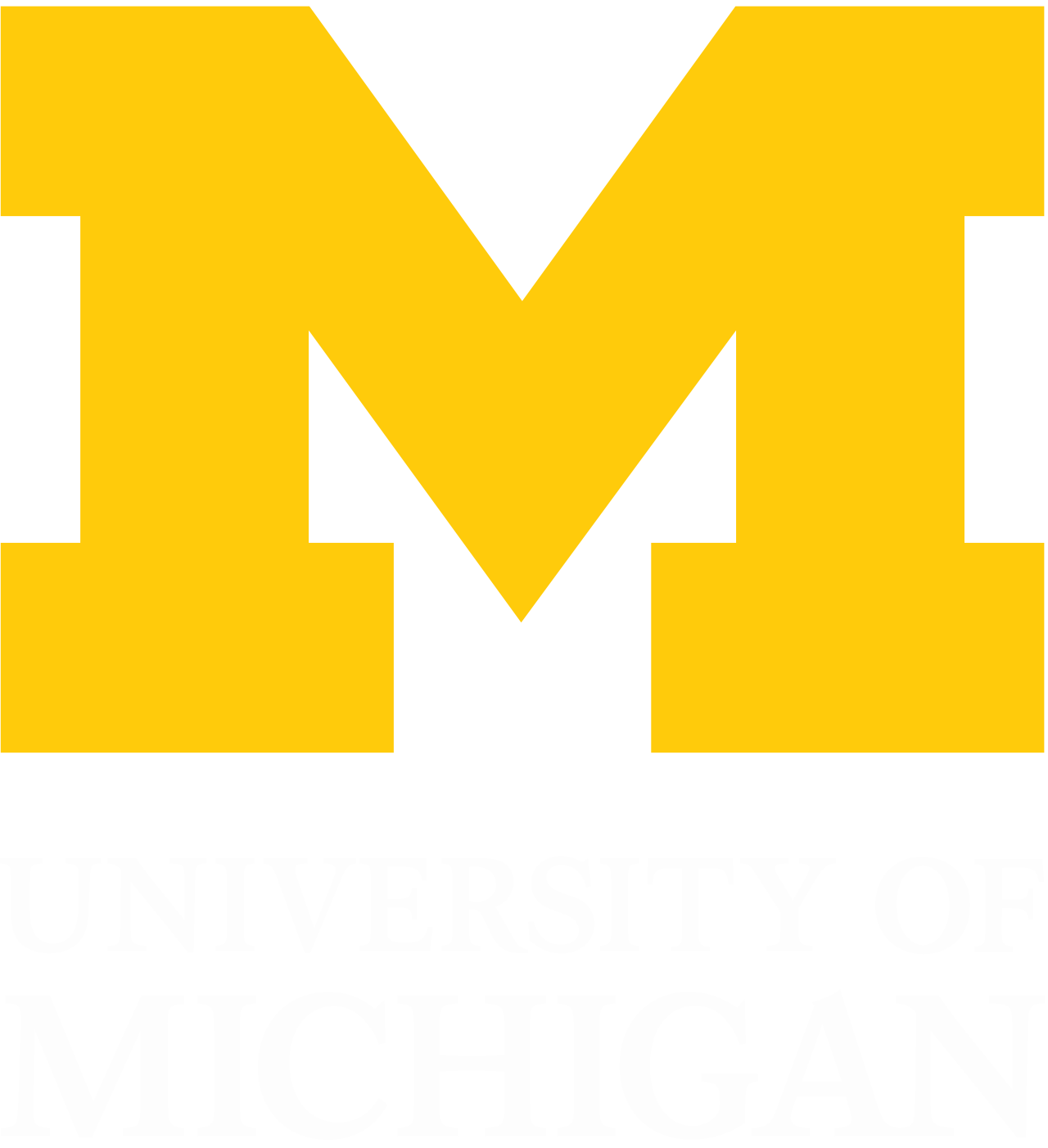The University of Michigan (U-M) implements spill prevention and fire safety policies to ensure the safety of faculty, staff, students, and visitors as well as the protection of the environment when a diesel fuel generator is being used. The U-M complies with the University Spill Prevention Control and Countermeasure Plan (SPCC) to prevent discharges of oils and other pollutants into nearby waterways. The U-M follows safety guidelines established by the National Fire Protection Association (NFPA) to assist in fire safety around generator operation.
Refueling Practices
- A responsible person for the generator must be present during all fuel transfers to ensure no leaks or spills
- Generators must be turned off while being fueled
- Fuel must be appropriately stored in accordance with requirements of NFPA 30 Flammable and Combustible Liquids Code
Spill Prevention
The following precautions must be implemented to prevent diesel fuel or other pollutants from entering storm water drains and surface waters:
- Install diesel fuel generators away from storm drains
- Use one of the following containment systems to hold diesel fuel or other pollutants in the event of a spill:
- A secondary containment system for all fuel storage
- A double walled storage tank
- NOTE: If secondary containment is not feasible, a spill kit must be maintained next to the generator.
- Secure generator fuel tanks and supplemental fuel tanks using one of the following options:
- Install a fence around the diesel fuel generator with a locked gate
- Put a padlock on the fill port
NOTE: For information about other approved means for securing generator fuel tanks contact EP3 at (734) 647-1143.
For spills or significant areas of contamination, immediately contact:
- EHS at (734) 763-4568 between 7:30 am and 4:30 pm
- U-M Division of Public Safety & Security (DPSS) at (734) 763-1131 or dial 911 after 4:30 pm and on weekends
For information about how to clean up a spill, refer to the procedure Responding to a Spill Near a Drain or Permeable Surface.
Fire Prevention
All generators must be inspected by a U-M Electrical Inspector prior to use. Please call (734) 764-2457 to schedule an inspection. In addition,
- Each generator shall be provided with a nameplate giving the manufacturer’s name, rated frequency, etc., in accordance with article 445 of the National Electrical Code (NFPA 70)
- A serviceable, sealed, and proof of inspection tagged ABC fire extinguisher, minimum rating 4A60: BC must be available in the immediate area at all times the generator is in use
- Power cords and cables must meet all requirements of the National Electrical Code (NFPA 70)
The following precautions must be implemented to prevent a fire or injury as a result of using a generator:
- Generators must be placed so that they do not obstruct egress from any buildings or interfere with fire department access requirements
- Generators shall be isolated and secured from contact with the public by fencing, enclosure, or other approved means
- Portable generators may not be used inside of membrane type structures or buildings
- Generators must be positioned no closer than 20 feet from any canopy, tent, or other membrane type structure
- Power cords/cables must not be placed across aisles or walkways
For More Information
Contact:
- EP3 and Fire Safety at (734) 647-1143

